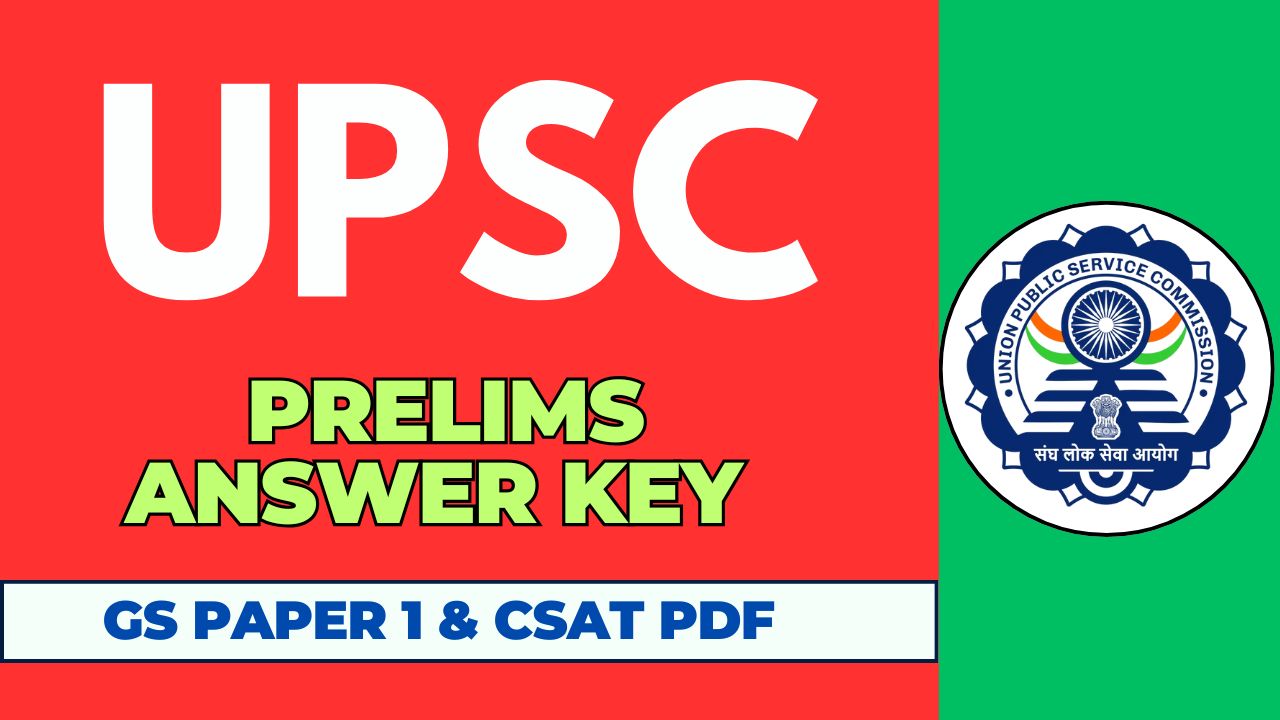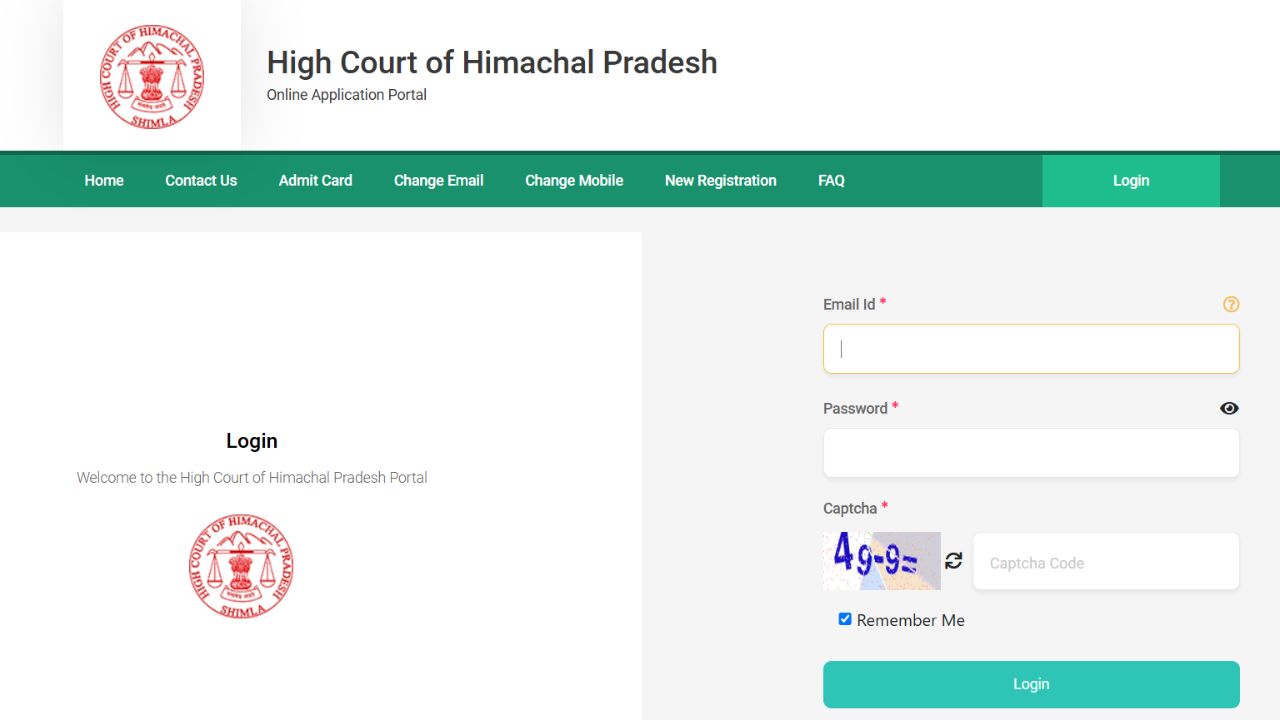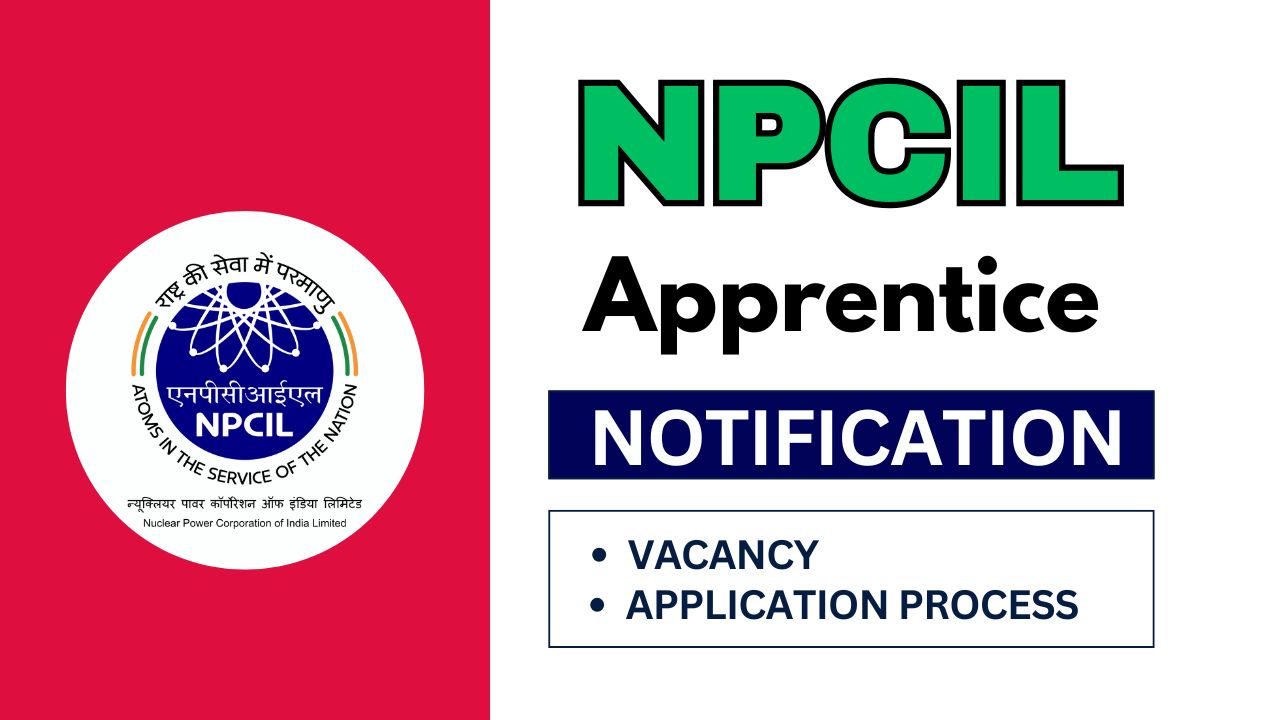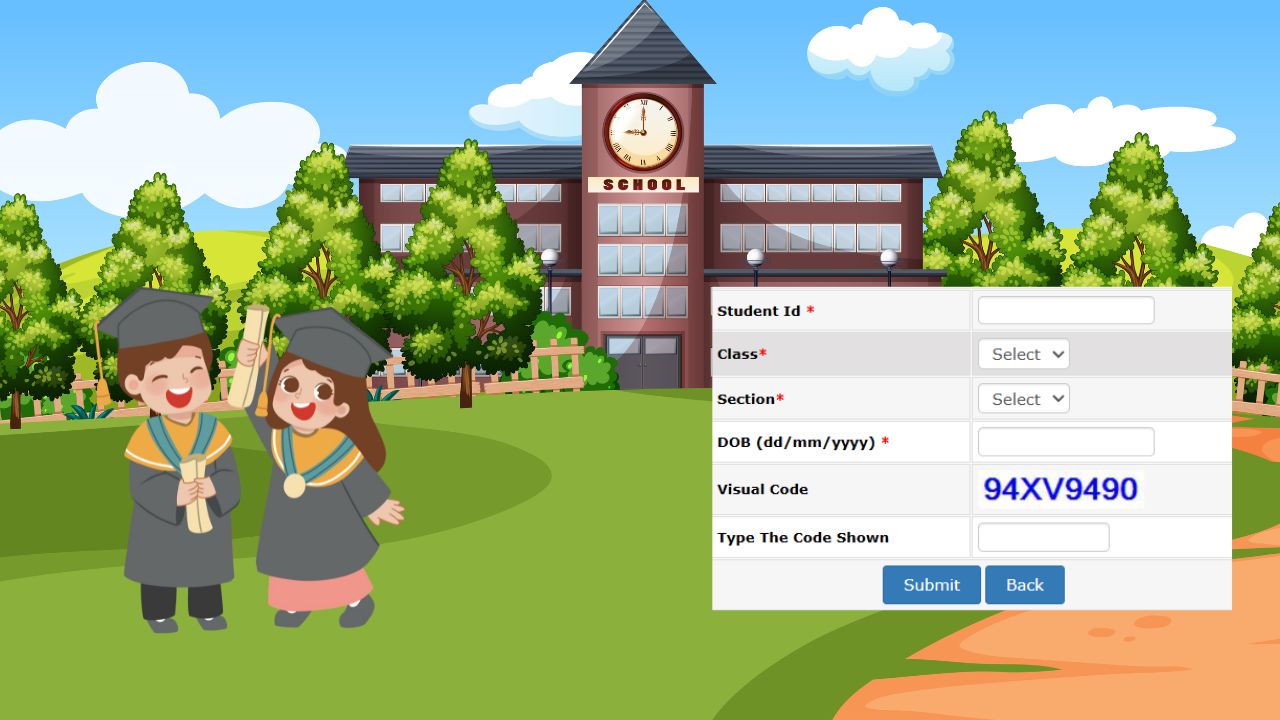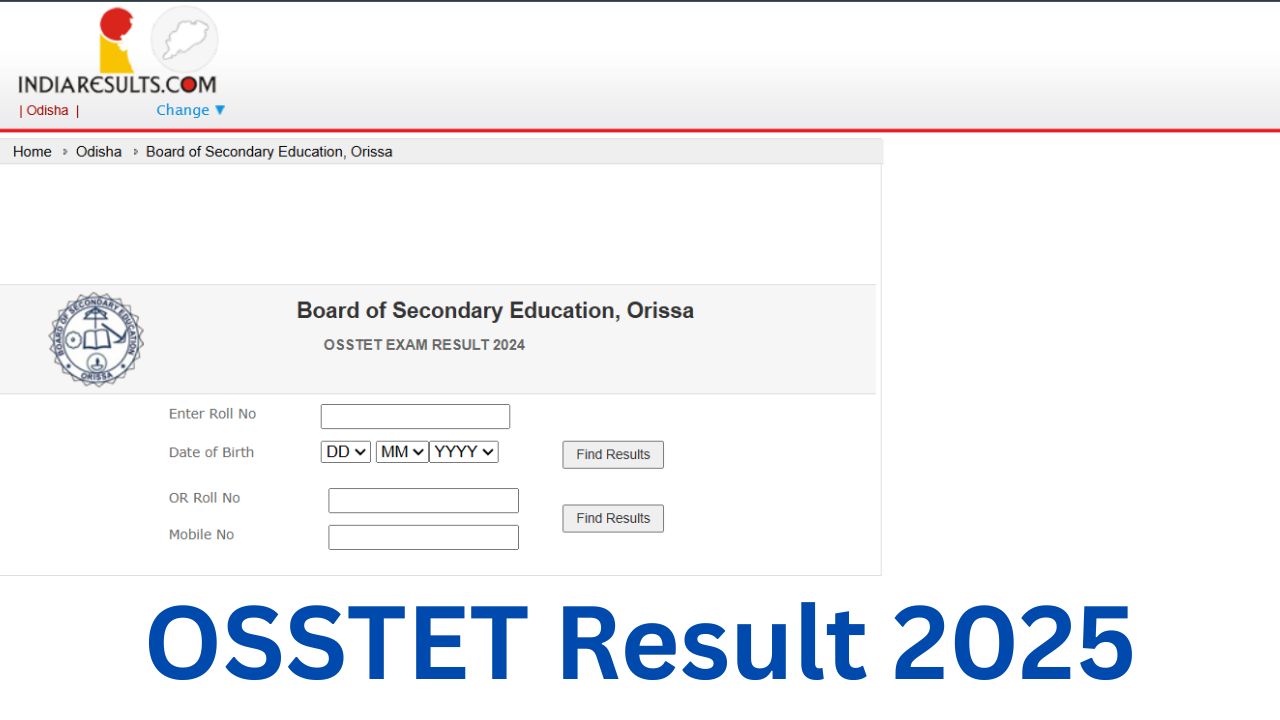The Telangana Public Service Commission (TSPSC) has officially announced the Village Revenue Officer (VRO) Syllabus 2025, marking a crucial milestone for aspirants preparing for this competitive examination. This comprehensive guide analyses the TSPSC VRO syllabus, exam pattern, marking scheme, and preparation methodology to help candidates maximize their performance.
TSPSC VRO Syllabus 2025
Before delving into the syllabus specifics, candidates should familiarize themselves with the fundamental structure of the examination:
| Parameter | Specification |
|---|---|
| Conducting Authority | Telangana Public Service Commission (TSPSC) |
| Post Name | Village Revenue Officer (VRO) |
| Exam Level | State Government Recruitment |
| Selection Stages | Written Examination → Interview → Document Verification |
| Exam Mode | Offline (OMR Sheet-based) |
| Question Type | Multiple Choice Questions (MCQs) |
| Total Questions | 150 |
| Maximum Marks | 150 |
| Exam Duration | 150 minutes (2.5 hours) |
| Negative Marking | Not Applicable |
| Language Medium | English & Telugu (Bilingual) |
| Official Portal | https://www.tspsc.gov.in/ |
Significance of Understanding the Exam Pattern
The TSPSC VRO examination follows a single-paper format divided into two distinct sections, each carrying equal weightage. A thorough comprehension of this pattern enables candidates to:
- Allocate preparation time effectively between sections
- Develop targeted strategies for different question types
- Manage examination time optimally
- Prioritize high-scoring areas during revision
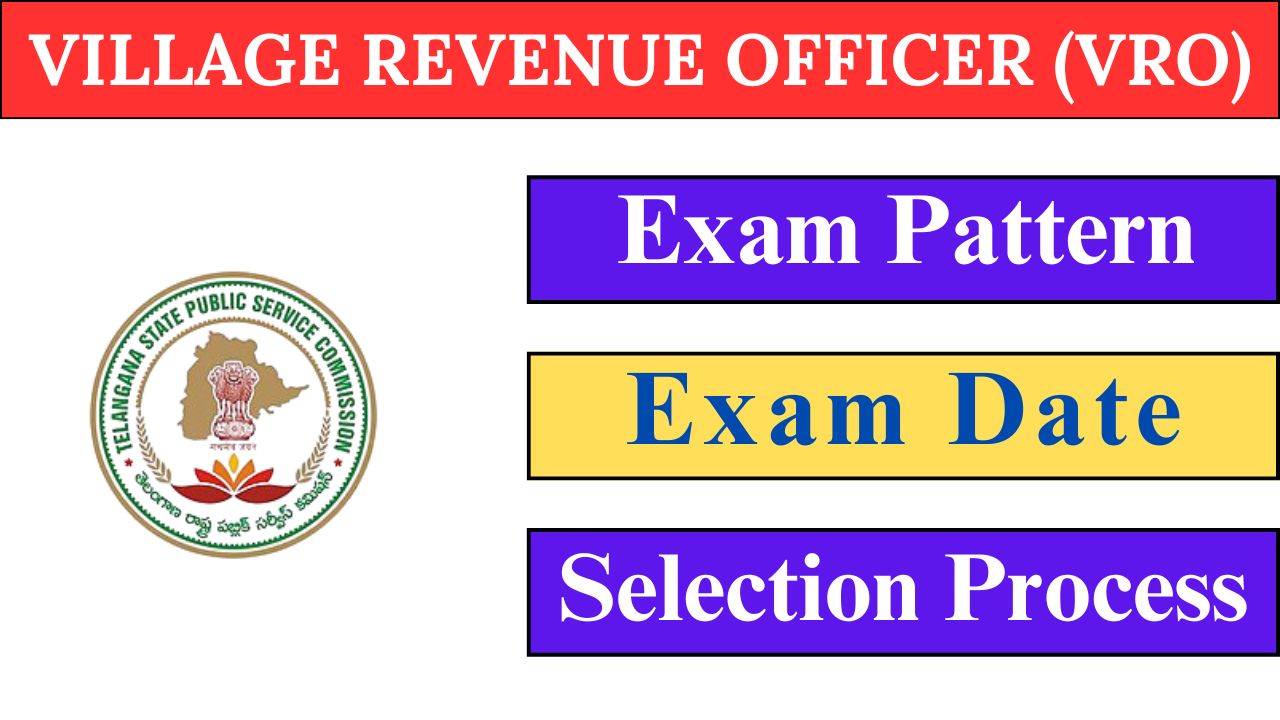
Detailed Analysis of TSPSC VRO Syllabus 2025
The examination syllabus has been meticulously designed to assess candidates’ general awareness and administrative aptitude. Below is an exhaustive breakdown of both sections:
Section I: General Awareness (75 Marks)
This section evaluates candidates’ knowledge across diverse domains, emphasising Telangana-specific content. The detailed topic distribution is as follows:
1. Indian History & National Movement
- Ancient India: Indus Valley Civilization, Vedic Period, Mauryan & Gupta Empires
- Medieval India: Delhi Sultanate, Mughal Empire, Regional Kingdoms
- Modern India: British Colonial Rule, Socio-Religious Reform Movements
- Freedom Struggle: 1857 Revolt, Gandhian Era, Role of Telangana in Independence Movement
2. Indian Polity & Constitution
- Constitutional Framework: Preamble, Fundamental Rights, Directive Principles
- Governance Structure: Parliament, Judiciary, State Government Mechanisms
- Local Governance: Panchayati Raj System, 73rd & 74th Constitutional Amendments
- Special Provisions: Constitutional Status of Telangana
3. Geography of India & Telangana
- Physical Geography: Climate Zones, River Systems, Soil Types
- Economic Geography: Mineral Resources, Agricultural Patterns
- Telangana Geography: Major Rivers (Godavari, Krishna), Forest Cover, Irrigation Projects
4. Indian Economy & Telangana’s Development
- Macroeconomic Concepts: GDP, Inflation, Fiscal Policy
- Economic Reforms: Liberalization, Privatization, Globalization
- Telangana Economy: Industrial Growth, IT Sector, Welfare Schemes
5. General Science & Technology
- Physics: Basic Laws, Everyday Applications
- Chemistry: Elements, Compounds, Chemical Reactions
- Biology: Human Physiology, Diseases, Nutrition
- Scientific Developments: Space Technology, IT Revolution
6. Current Affairs (National & International)
- Recent Events: Major Political Developments, International Summits
- Awards & Honors: Nobel Prizes, Gallantry Awards
- Sports: Major Tournaments, Achievements of Indian Athletes
7. Telangana-Specific Knowledge
- History: Kakatiya Dynasty, Nizam Rule, State Formation Movement
- Culture: Festivals, Art Forms, Literary Figures
- Administrative Policies: Flagship Programs like Mission Bhagiratha
Section II: Secretarial Abilities (75 Marks)
This section assesses candidates’ quantitative aptitude, reasoning skills, and basic administrative competencies:
1. Arithmetic & Numerical Ability
- Number Systems: Whole Numbers, Fractions, Decimals
- Commercial Mathematics: Profit/Loss, Simple & Compound Interest
- Time & Work: Efficiency Calculations, Pipe & Cistern Problems
- Mensuration: Area, Volume, Perimeter Calculations
2. Logical Reasoning
- Verbal Reasoning: Coding-Decoding, Alphabet Series
- Non-Verbal Reasoning: Pattern Identification, Figure Series
- Analytical Reasoning: Blood Relations, Direction Sense
3. Data Interpretation
- Tabular Data Analysis: Percentage Calculations, Trend Identification
- Graphical Interpretation: Bar Graphs, Pie Charts, Line Graphs
4. Language & Comprehension
- English Grammar: Sentence Correction, Error Identification
- Vocabulary: Synonyms, Antonyms, Idioms
- Reading Comprehension: Passage-based Questions
5. Basic Computer Awareness
- Fundamentals: Hardware, Software, Operating Systems
- Office Applications: MS Word, Excel, PowerPoint
- Internet Concepts: Web Browsing, Email Communication
TSPSC VRO Exam Pattern: Sectional Weightage Analysis
A strategic understanding of the examination’s sectional distribution enables candidates to optimize their preparation:
| Component | Question Distribution | Marks Allocation | Recommended Time Allocation |
|---|---|---|---|
| General Awareness | 75 Questions | 75 Marks | 70 minutes |
| Secretarial Abilities | 75 Questions | 75 Marks | 80 minutes |
| Total | 150 Questions | 150 Marks | 150 minutes |
Key Observations:
- Equal Weightage: Both sections contribute 50% to the total score
- Time Management: Secretarial Abilities may require slightly more time due to calculations
- No Sectional Cutoff: Combined scoring considered for qualification
Preparation Strategy for TSPSC VRO 2025
Phase I: Foundational Preparation (2 Months)
- Syllabus Familiarization: Create a topic-wise checklist
- Resource Collection: Standard textbooks + Telangana-specific materials
- Concept Building: Focus on understanding fundamentals
Phase II: Intensive Study (3 Months)
- Daily Study Plan:
- Morning: Conceptual Learning (3 hours)
- Evening: Practice & Revision (2 hours)
- Subject-wise Approach:
- General Awareness: Daily newspaper reading + Monthly magazines
- Mathematics: Daily practice of 50 problems
- Reasoning: Weekly topic completion
Phase III: Revision & Mock Tests (1 Month)
- Full-Length Tests: Weekly simulated exams
- Performance Analysis: Identify weak areas
- Final Revision: Quick review of formulas and facts
Recommended Study Resources
General Awareness
- Telangana History & Culture by Telugu Akademi
- Indian Polity by M. Laxmikanth
- Manorama Yearbook for Current Affairs
Quantitative Aptitude
- Quantitative Aptitude by R.S. Aggarwal
- Fast Track Arithmetic by Rajesh Verma
Reasoning Ability
- A Modern Approach to Verbal & Non-Verbal Reasoning by R.S. Aggarwal
- Analytical Reasoning by M.K. Pandey
Important Considerations for TSPSC VRO Aspirants
- Telangana Focus: 30-40% of General Awareness questions relate specifically to Telangana
- Accuracy Over Speed: With no negative marking, attempt all questions
- Bilingual Advantage: Utilize both English and Telugu versions for clarity
- Current Affairs Timeline: Focus on the last 12 months’ events
TSPSC VRO Syllabus 2025: Official PDF Download
Candidates should regularly check the official TSPSC website for the most updated syllabus document. The direct link will be activated here once available:
📥 Download TSPSC VRO Syllabus 2025 PDF (Link to be updated as per official notification)
